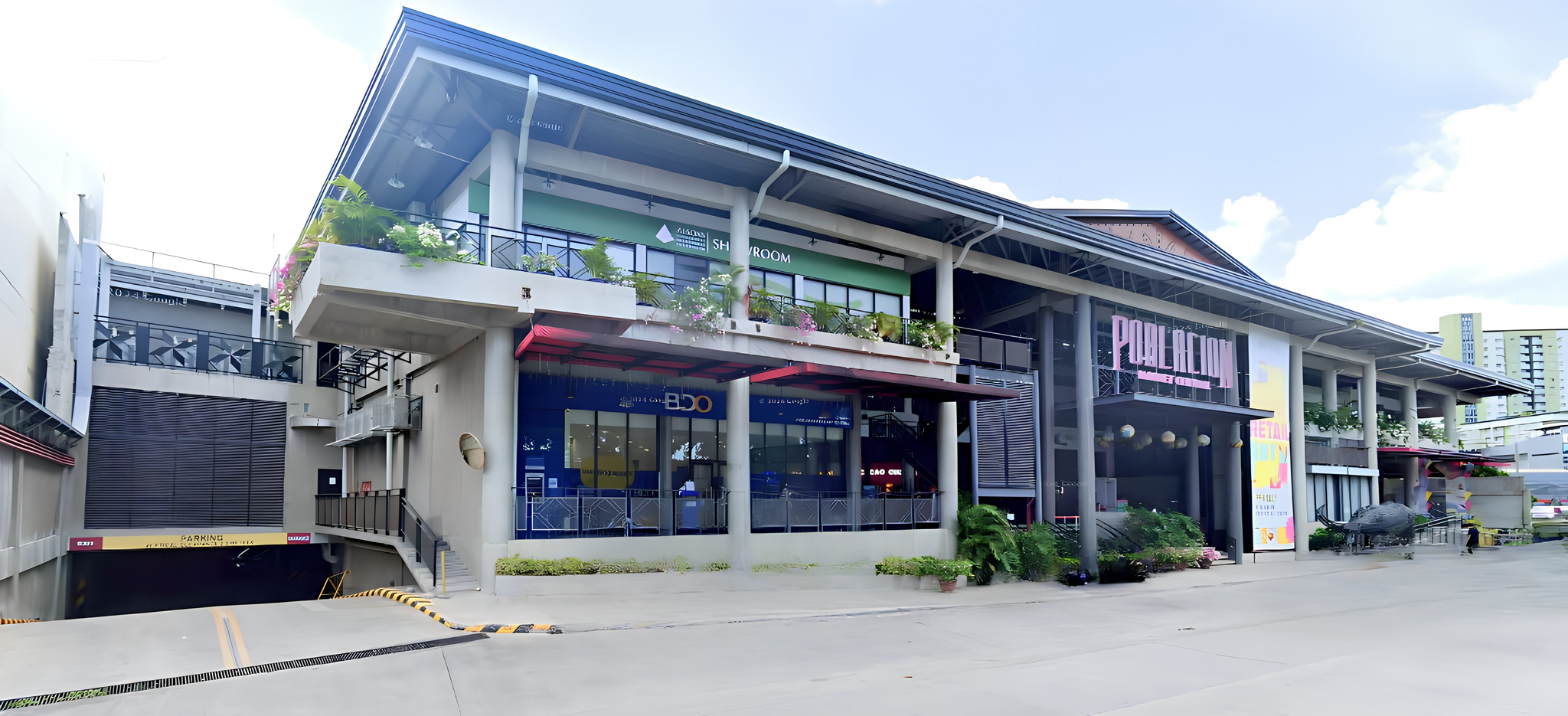City construction projects often come with high expectations—and equally high risks. While these projects promise to improve public services and economic growth, they are frequently marred by delays, cost overruns, and misaligned goals. However, when supported by effective project management, these same projects can become models of success. This article explores how strategic project management practices can turn a struggling urban development into a well-executed, community-benefiting endeavor.
Project Background and Challenges
Typical Urban Construction Goals
Urban construction projects such as civic centers, markets, terminals, or mixed-use spaces are often designed to meet growing population needs and to support local economies. These projects may involve collaboration between local government units, private contractors, consultants, and community stakeholders.
The goals are usually multifaceted:
- Enhance access to public services.
- Create jobs and support small businesses.
- Reduce congestion or improve transportation.
- Introduce modern infrastructure with long-term usability.
Common Pitfalls and Challenges
Despite good intentions, many urban construction projects face similar challenges:
- Undefined project scope: Constant revisions or unclear objectives can derail timelines and budgets.
- Lack of coordination: Disconnected efforts among engineers, architects, and contractors often lead to miscommunication and costly rework.
- Budget mismanagement: Inadequate tracking of expenditures and procurement inefficiencies can result in overspending or resource shortages.
- Public resistance: Without clear communication, residents and stakeholders may oppose a project, believing it will harm rather than help their community.
These are not isolated problems—they are common in projects where planning and communication are not prioritized from the beginning.
Strategies and Successful Outcomes
Establishing a Strong Project Foundation
Effective project management begins with clear documentation and planning. A well-structured Project Management Plan (PMP) provides the foundation for successful execution. This includes:
- Defined project scope and deliverables
- A timeline with realistic milestones
- Budget allocations with contingency planning
- Stakeholder roles and communication channels
By developing a roadmap from the start, teams can prevent many of the delays and errors that typically plague construction projects.
Using Modern Tools and Coordinated Teams
Construction project management today benefits greatly from digital tools. Project managers now use scheduling software, shared dashboards, and real-time tracking to monitor progress and address bottlenecks as they arise.
Moreover, collaboration among different engineering disciplines is essential. For instance, coordinated service designs involving structural, civil, and electrical engineers ensure that systems work together seamlessly. This reduces conflicts between trades and shortens the project lifecycle.
Prioritizing Communication and Transparency
Another key to successful transformation is consistent communication—not only within the project team but also with external stakeholders. Holding regular coordination meetings and updating clients or government bodies ensures alignment. Public information campaigns also build trust, especially in projects that directly affect residents.
For example, putting up informational signage, holding town hall discussions, or maintaining a feedback channel can go a long way in minimizing community resistance. Transparency makes stakeholders feel included and fosters goodwill that helps the project move forward.
Managing Risks and Adapting to Change
Even well-managed projects face unexpected issues—weather delays, supply shortages, or design changes. Effective project managers conduct risk assessments regularly and develop mitigation strategies before problems escalate. Flexibility is balanced with control to keep the project aligned with its goals.
Outcomes of well-managed projects usually include:
- Completion close to schedule
- Budget efficiency with minimized overruns
- Improved functionality due to cross-disciplinary input
- Stronger community relationships and usage adoption
Ultimately, good project management creates not just buildings, but lasting value.
Project Management | AC Pama Engineering Consultancy
The transformation of a city construction project from chaotic to successful is not magic—it’s the result of deliberate planning, strong coordination, and responsive leadership. Effective project management ensures that timelines are respected, budgets are maintained, and the finished infrastructure meets both technical and community needs.
If you’re involved in any type of infrastructure or building project—whether public or private—it pays to prioritize project management from day one.
AC Pama Engineering Consultancy, based in Davao City and serving clients nationwide, specializes in construction project management, structural engineering, and coordinated service designs. With the right guidance and expertise, your project can avoid common pitfalls and achieve meaningful results. Connect with AC Pama today to learn how their team can support your construction goals with precision and excellence.



